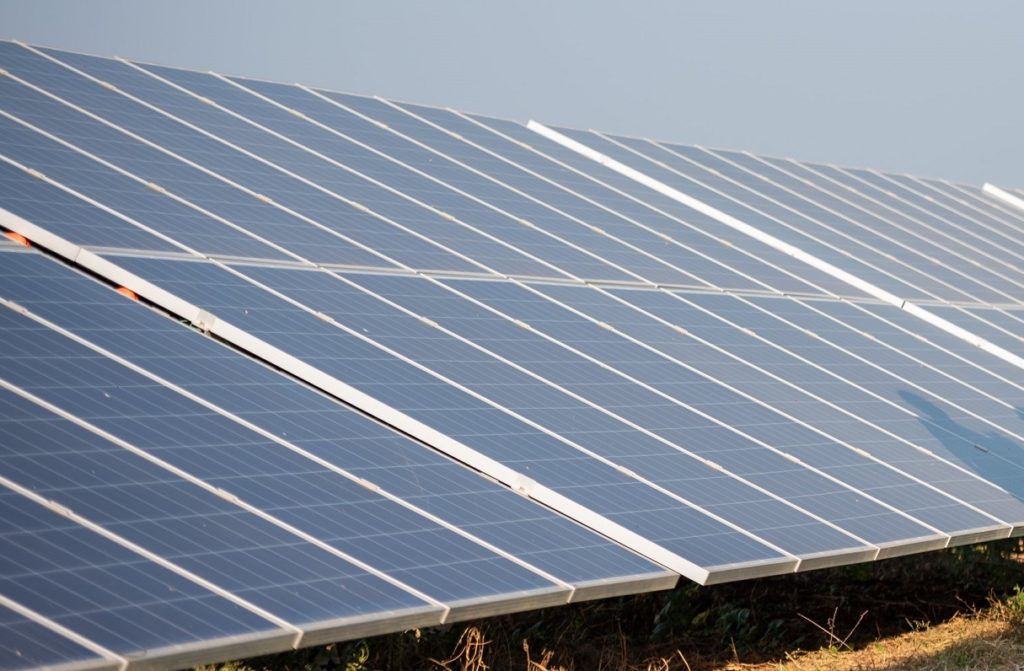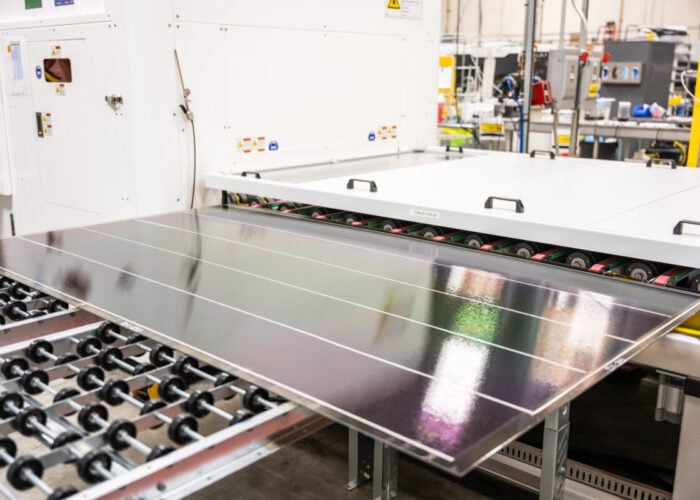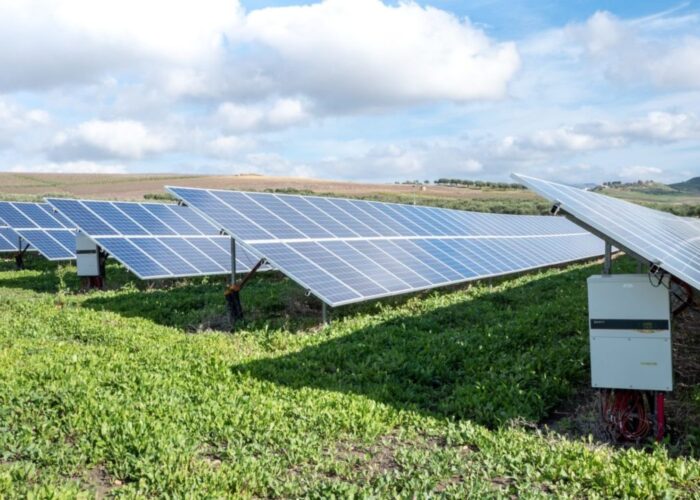
Renewables developer Amp Energy India has formed a joint venture (JV) with Websol Energy Systems Ltd. for manufacturing up to 1.2GW of monocrystalline PERC solar cells and modules in the north-western Indian state of West Bengal.
The term sheet agreement will see the companies complete their plans in two phases, both consisting of 600MW of capacity and each at Websol’s existing facility at Falta, which is just south of the state capital of Kolkata and close to the Bay of Bengal.
Unlock unlimited access for 12 whole months of distinctive global analysis
Photovoltaics International is now included.
- Regular insight and analysis of the industry’s biggest developments
- In-depth interviews with the industry’s leading figures
- Unlimited digital access to the PV Tech Power journal catalogue
- Unlimited digital access to the Photovoltaics International journal catalogue
- Access to more than 1,000 technical papers
- Discounts on Solar Media’s portfolio of events, in-person and virtual
The JV will be 51% controlled by Websol, which is an India solar cell and module producer, with the remaining amount owned by Amp Energy.
The project is to be financed via a combination of debt and equity and will have an off-take agreement with Amp Energy India for up to 50% of production.
“The rest of the produce shall be sold in market, these shall help fill demand-supply gaps for cells and modules in [the] Indian market,” said Amp Energy India in a statement.
CEO and managing director, Pinaki Bhattacharyya, said: “This partnership with Websol Energy will go in a long way to ramp up India’s solar module manufacturing capacity in the coming years.
“There is an extremely strong demand for India manufactured solar cells and with favourable policies in place, the costs of manufacturing will also go down as industry scales and become more competitive.”
The strong demand for India-made modules is a combination of the favourable policies currently in place – such as its Production Linked Incentive scheme – as well as import restrictions on Chinese cells and modules as India seeks to break its reliance on Chinese PV products.
In June, India’s Minister for Power, New and Renewable Energy, RK Singh, doubled down on support for the country’s basic custom duty (BCD) on solar cells (25%) and modules (40%), telling reporters there were “no plans” to change the system despite soaring module costs and a limited domestic supply.
Even with the Indian government’s attempt to reduce its reliance on Chinese imports via the BCD, Chinese suppliers still accounted for the vast majority of modules to the country this year.
“We believe that our entry into manufacturing would not help in backward integration [sic] but also help us have better control over supply chain of critical components,” added Bhattacharyya.







